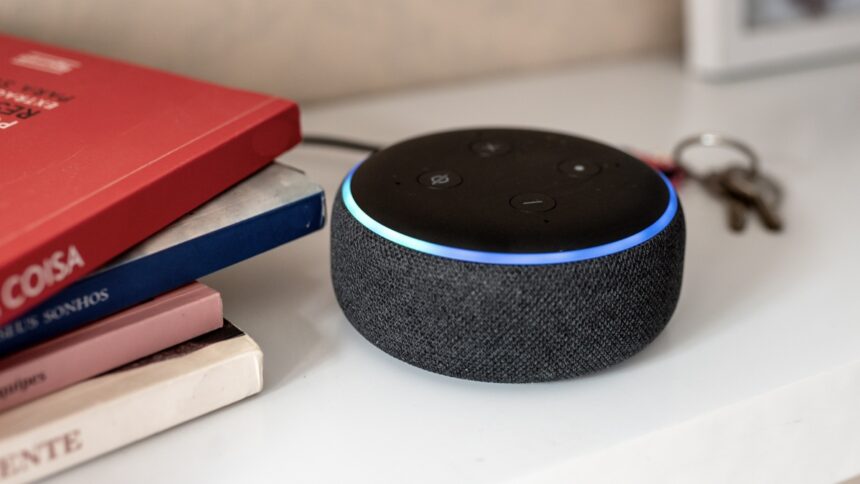Amazon’s Shift to a Cloud-Centric Alexa: What It Means for Users
Amazon is in the midst of a significant transformation of Alexa, unveiling a new feature known as the Alexa+ AI service. This service will be offered at no cost for Prime members or available separately for $20 per month. However, as these advancements roll out, concerns regarding user privacy among Echo device users are escalating.
In a communication dated March 15, Amazon declared that its Echo devices would discontinue local processing for Alexa queries. The option to opt-out of sending voice recordings to its servers—referred to as “Do Not Send Voice Recordings”—will also be eliminated. Consequently, every voice command, no matter how simple such as “turn off the lights,” will be transmitted to Amazon’s cloud. This policy will take effect on March 28 and encompasses all vocal commands issued to Alexa via Echo speakers and smart displays.
Reason Behind the Changes
Amazon’s email, as reported by Ars Technica, indicates that this shift is primarily connected to emerging generative AI capabilities within Alexa. The message states:
“As we continue to enhance Alexa’s functionality with generative AI features that depend on the capabilities of Amazon’s secure cloud, we have opted to discontinue this local processing option.”
A significant aspect of this update is the introduction of the Alexa Voice ID feature, touted as a key innovation in Alexa+. This feature enables Alexa+ to recognize individual voices and respond accordingly. Nevertheless, opting out of Alexa+ or not utilizing Voice ID will not prevent local processing from being phased out.
Privacy Concerns
This decision has ignited a multitude of worries regarding user privacy associated with Amazon devices. The notion that a large tech corporation can monitor all requests made via its devices raises significant unease, especially since users have limited control over the process.
For those who prefer privacy, the options are slim—most are left with the choice of discontinuing their use of Alexa entirely. Many users, however, find Alexa indispensable for managing their smart home experiences. The dilemma is clear: either continue utilizing the features that have become essential, sacrificing privacy in the process, or exit the Amazon ecosystem altogether.
Amazon claims that it will automatically purge recordings of Alexa interactions once processing is complete. In addition, the company ensures that all recordings are encrypted while transmitted to its safeguarded cloud servers. Nevertheless, given previous controversies, skepticism regarding their assurances is prevalent.
Limitations on Privacy Settings
Previously, users had the option to prevent their requests from being sent to Amazon servers with the “Do Not Send Voice Recordings” setting, alongside the ability to delete them with “Don’t Save Recordings.” However, this latest development effectively revokes that second option, especially for those wishing to fully utilize their devices.
Notably, the “Don’t Save Recordings” setting is directly associated with the Voice ID feature. This feature allows Alexa to distinguish who is speaking, ensuring personalized responses. Such personalization is increasingly vital as new functionalities roll out with Alexa+. If users decide they don’t want to retain their voice recordings, the Voice ID feature will be automatically disabled, resulting in a potential decline in the device’s effectiveness.
Thus, the supposed alternatives presented to users are misleading: continue allowing Amazon to manage and utilize voice recordings at its discretion, or forgo Voice ID and its associated benefits, all while still transmitting requests to Amazon’s servers.












